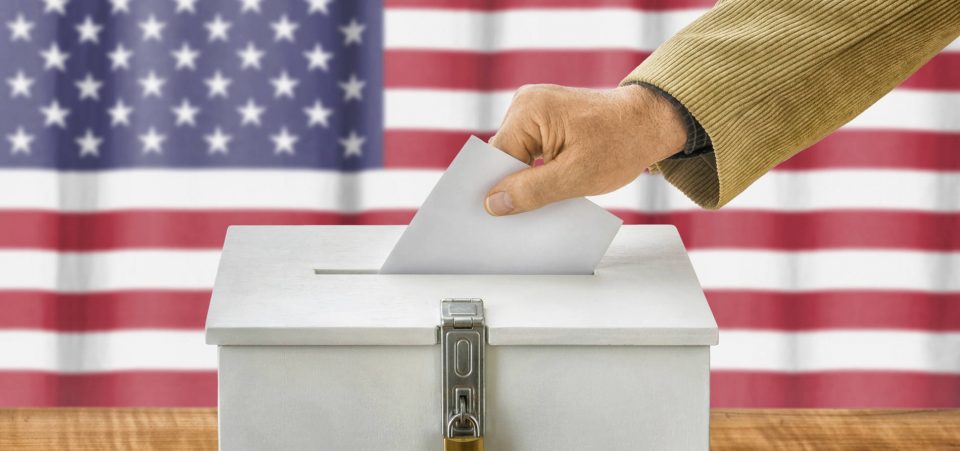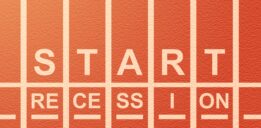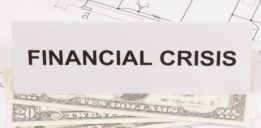Five of 11 Recessions Occurred During Election Years
The odds of the U.S. entering a recession next year are increasing as the nation prepares to grapple the uncertainties attached with the election process.
A survey by The Wall Street Journal found that one in every five economists queried sees the chance of recession, doubling the odds when compared to the last year.
“Nobody is ready to sound the all-clear with an election—especially this election—just two months away,” the publication wrote. “Not only must forecasters assess the policies proposed by the candidates, they must keep in mind the potential for a divided Congress that could stymie either candidate. Business investment has been slumping this year, and a leading suspect is this election.” (Source: “Why So Few Economists Are Prepared to Say Recession Risks Are Fading,” The Wall Street Journal, September 8, 2016.)
Some economists are calling for an increased chance for a recession at a time when the U.S. economy is showing some signs of strength. There has been a constant rise in the number of jobs being created, while stock markets have hit record highs during recent months.
The main reason why more economists now see recession hitting the U.S. next year, according to the report, is two very different economic policies pursued by the two presidential candidates, Hillary Clinton and Donald Trump.Economists Kevin Hassett and Joseph Sullivan performed research on the chances of a recession hitting the U.S. during election years and found that the chances are twice as frequent in the year following a presidential election compared with years not following an election. Five of the last 11 recessions occurred during that period, according to the National Bureau of Economic Research, which has estimated recession dates as far back as the year 1854.(Source: Ibid.)When it comes to the economic policies, Clinton, the Democratic presidential candidate, is favoring more spending on education, including job training, community college education, infrastructure, and clean energy. She has also supported measures to raise the federal minimum wage, overhaul immigration laws, and increase the amount of women in the workforce by via support of means to improve paid leave and child care accessibility.
Unlike Clinton, Trump is taking a very drastic line which negates even those policies that his Republican predecessors have pursued.
His key economic initiatives include more infrastructure spending, re-visiting the biggest trade pacts which the U.S. has signed with its trading partners, immigration overhaul and continuing with the popular benefit programs such as Social Security and Medicare.(Source: “Where They Stand on Economic Policy Issues,” The Wall Street Journal, last accessed September 8, 2016.)






